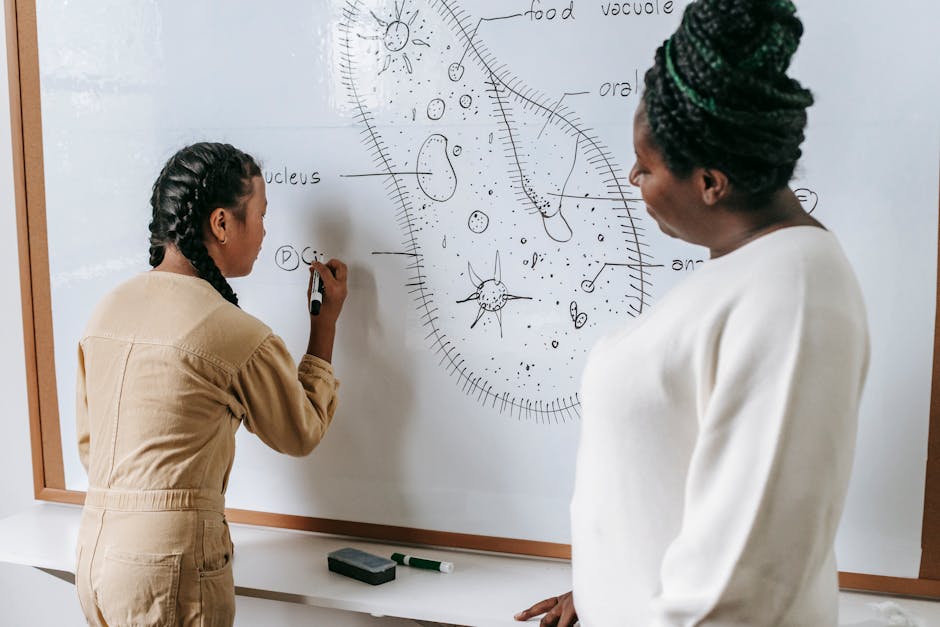Understanding consciousness remains a formidable challenge for science, a puzzle that has captivated philosophers and scientists alike for centuries. While significant progress has been made in mapping brain activity and correlating it with subjective experience, the question of whether science can ever fully explain consciousness remains a lively and complex debate. This exploration will delve into the scientific approaches currently employed, their limitations, and the philosophical hurdles that stand in the way of a complete explanation.
A primary approach involves neuroscientific investigation. Techniques like fMRI and EEG allow researchers to observe brain activity associated with various conscious states, revealing correlations between neural patterns and subjective experiences like perception, emotion, and thought. These studies highlight the intricate network of brain regions involved in consciousness, indicating a distributed, rather than localized, mechanism. For instance, the Integrated Information Theory (IIT), proposed by Giulio Tononi, suggests consciousness arises from the complexity and integration of information within a system. Higher levels of integrated information correspond to higher levels of consciousness. This theory, while mathematically elegant, faces challenges in quantifying integrated information empirically and linking it definitively to subjective experience.
Another avenue of inquiry lies in cognitive neuroscience. Researchers are exploring the neural mechanisms underlying specific cognitive functions, such as attention, working memory, and self-awareness, all considered crucial components of consciousness. Studies on attentional networks, for instance, have identified specific brain regions and their connections crucial for directing and maintaining focus, highlighting a neurobiological basis for a key aspect of conscious experience. Similarly, research into metacognitionthe ability to reflect on one’s own thoughts and mental processes sheds light on the self-referential nature of consciousness. However, establishing a direct causal link between these cognitive processes and the qualitative character of subjective experience remains a significant hurdle.
Further complicating matters is the “hard problem” of consciousness, famously articulated by philosopher David Chalmers. This problem highlights the difficulty of explaining how physical processes in the brain give rise to subjective, qualitative experienceswhat it *feels like* to see red, hear a melody, or feel pain. Correlation between brain activity and conscious experience, while valuable, doesn’t necessarily explain the *why* the fundamental link between physical processes and subjective feeling. Materialist approaches aim to reduce consciousness to purely physical processes, but critics argue this fails to address the subjective, phenomenal aspect of experience.
Attempts to address the hard problem have led to various proposals. Some researchers explore higher-order theories, suggesting that consciousness requires a “higher-order” mental state that reflects upon or represents a lower-order mental state. For example, being aware of seeing red involves not only the visual processing of red but also a higher-order thought about that experience. Other theories, like Global Workspace Theory (GWT), propose that consciousness arises from information being broadcast globally across different brain regions, making it available for various cognitive processes. These theories offer potentially powerful explanations but still require further empirical validation and fail to fully address the subjective feeling associated with experience.
Beyond neuroscience and cognitive science, other scientific disciplines contribute to the understanding of consciousness. Quantum physics, for instance, has been invoked by some to explain the non-computable aspects of consciousness, suggesting quantum phenomena might play a role in generating subjective experience. However, these proposals remain highly speculative and lack robust empirical support. Similarly, computational neuroscience attempts to build computational models of the brain that can simulate conscious processes. While these models can replicate some aspects of brain activity and behavior, they have yet to fully capture the richness and complexity of conscious experience.
A significant limitation in the pursuit of a complete explanation is the inherent difficulty in measuring and quantifying subjective experience. Consciousness is fundamentally private and internal; each individual’s experience is unique and inaccessible to direct observation by others. While neuroscience can measure brain activity, translating these measurements into a precise understanding of subjective experience requires bridging a significant explanatory gap. This methodological challenge makes it difficult to definitively test hypotheses about the neural correlates of consciousness and the nature of subjective experience.
Moreover, the very notion of a “complete explanation” requires careful consideration. A complete explanation in science typically means a reductionist account that identifies the fundamental physical mechanisms underlying a phenomenon. However, some argue that consciousness might be an emergent property, meaning it arises from the interaction of numerous components in a complex system but cannot be fully reduced to those components. In this case, a complete explanation might necessitate a holistic, systems-level approach, rather than a purely reductionist one.
In conclusion, while science has made remarkable progress in understanding the neural correlates of consciousness and developing theories about its mechanisms, a fully comprehensive explanation remains elusive. The hard problem of consciousness continues to pose a significant challenge, requiring innovative approaches to bridge the gap between physical processes and subjective experience. Integrating insights from neuroscience, cognitive science, philosophy, and potentially other disciplines is essential for future progress. Whether a complete, universally accepted explanation of consciousness is ever attainable remains an open question, but the relentless pursuit of this fundamental scientific mystery continues to push the boundaries of our understanding of ourselves and the universe.
